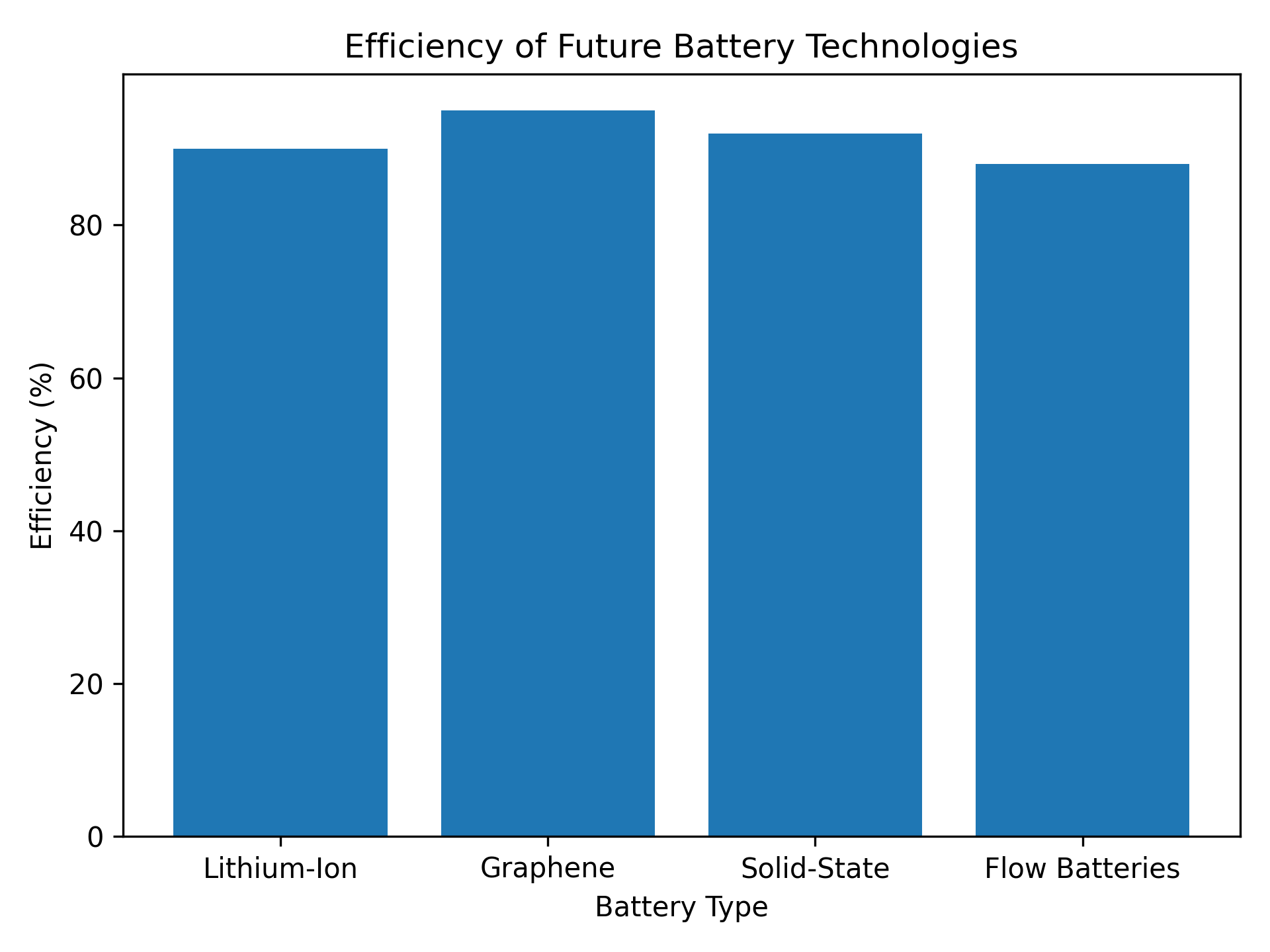The Remarkable Journey of Solar Technology
Introduction
The evolution of solar technology is a testament to human ingenuity and our relentless pursuit of harnessing the power of the sun. At ESS Solar, we're not only passionate about providing state-of-the-art solar solutions but also about delving into the fascinating history that has shaped this transformative industry. Join us as we embark on a journey through time to uncover the incredible strides that solar technology has taken.
The Early Beginnings: Solar Water Heating
Solar technology's roots stretch far back, with the first recorded use of solar power for practical purposes dating to ancient civilizations. The Greeks and Romans ingeniously used sunlight to heat water for baths in their colossal structures. These early efforts laid the foundation for solar water heating systems that are still in use today, showcasing the enduring nature of solar technology's potential.
The Birth of Photovoltaic Cells
The 19th century witnessed pivotal progress with the discovery of the photovoltaic effect by Edmond Becquerel in 1839. However, it wasn't until the mid-20th century that photovoltaic cells gained practicality. Bell Labs' invention of the first efficient silicon solar cell in 1954 marked a turning point, propelling solar technology into the modern era. This breakthrough paved the way for the solar panels we see on rooftops today.
Efficiency Improvements and Mass Adoption
In the following decades, ongoing research and innovation led to dramatic improvements in solar panel efficiency. Advances in materials, design, and manufacturing processes made solar panels more accessible and cost-effective. Governments and organizations worldwide began recognizing the potential of solar energy, leading to initiatives that spurred mass adoption and integration into energy grids.
Thin-Film Technology and Beyond
The 21st century introduced a wave of innovation, including thin-film solar technology. This advancement allowed for flexible, lightweight solar panels that could be integrated into a wider range of applications, from clothing to portable devices. Furthermore, emerging technologies like solar paint and solar windows hint at a future where solar energy seamlessly blends into our surroundings, revolutionizing how we generate power.
Storage Solutions: Unlocking Solar's Full Potential
One of the most significant challenges of solar energy has been its intermittency – the sun doesn't shine 24/7. Enter energy storage solutions, such as lithium-ion batteries. Innovations in battery technology have revolutionized the way we store excess solar energy, making it available even when the sun goes down. This synergy between solar panels and energy storage is a game-changer, rendering solar power a reliable and consistent energy source.
Frequently Asked Questions (FAQs)
-
Solar power dates back to ancient times when people used magnifying glasses to concentrate sunlight. The modern era of solar began in the 1950s with the development of silicon photovoltaic cells by Bell Labs.
-
Solar technology has evolved significantly, with improvements in efficiency, cost, and scalability. Innovations like thin-film solar cells and solar tracking systems have revolutionized the industry.
-
Absolutely! Today's solar panels are more efficient, durable, and affordable than those from a decade ago, thanks to advancements in materials and manufacturing techniques.
-
Solar renewable energy gained prominence in the late 20th century as concerns about fossil fuels grew. Government incentives and technological advancements have propelled it into a mainstream energy source.
Conclusion
The evolution of solar technology has been a journey of continuous innovation, resilience, and commitment to a sustainable future. From ancient solar baths to cutting-edge solar paint, the strides made in harnessing the sun's power have been awe-inspiring. At ESS Solar, we stand at the forefront of this evolutionary wave, ensuring that your solar journey is backed by the latest advancements and a rich history of progress. Join us as we continue to shape a brighter tomorrow, powered by the ever-evolving sun.
Related Articles
Disclaimer: The information provided in this blog post is for informational purposes only and does not constitute professional advice. Please consult with a qualified solar energy expert before making any decisions regarding solar installations.





